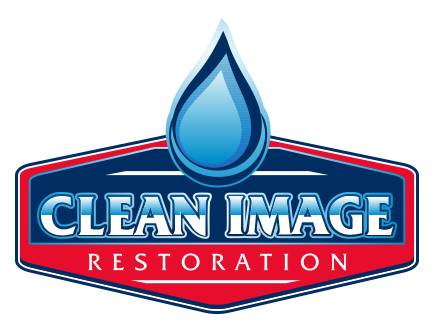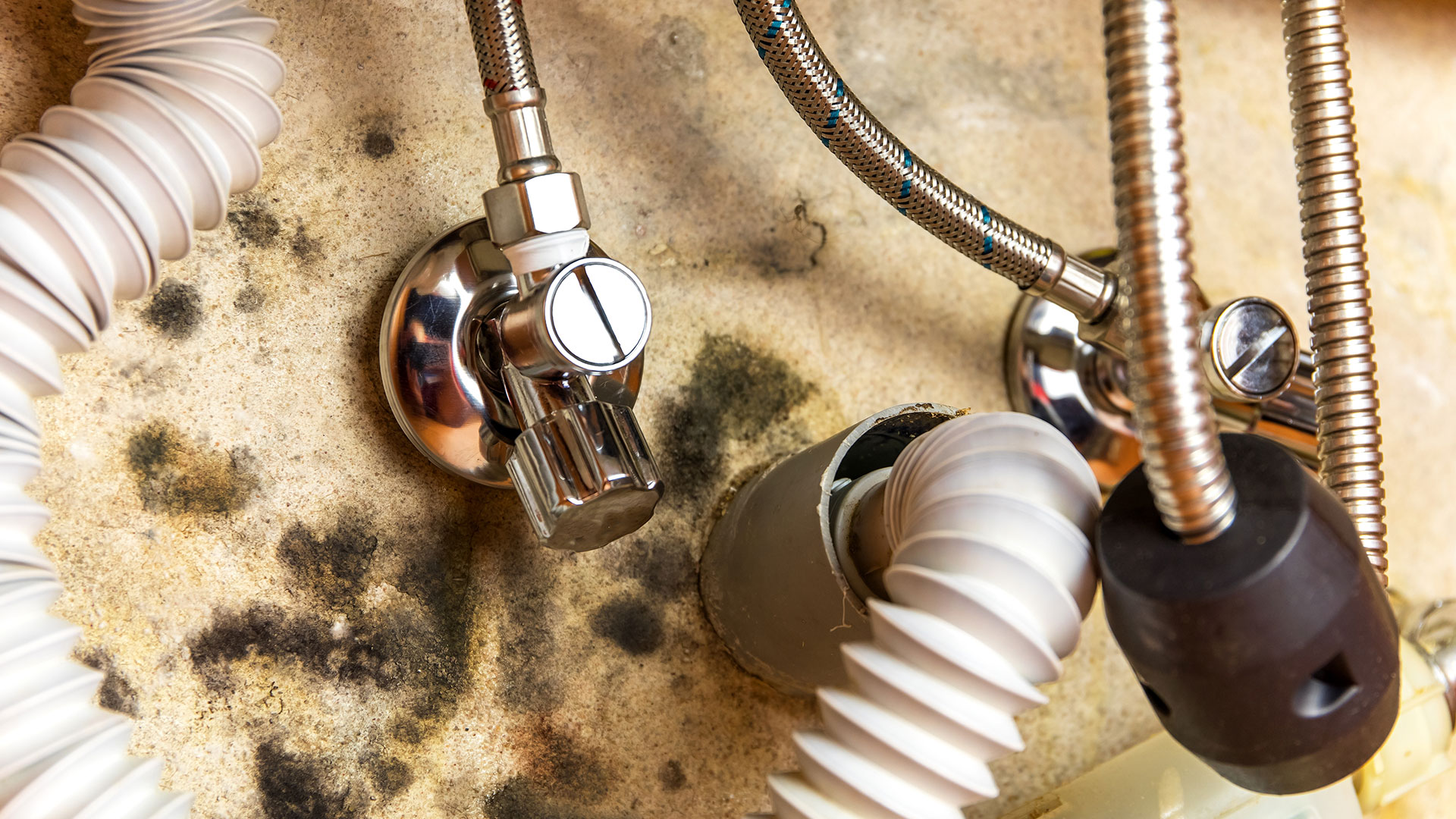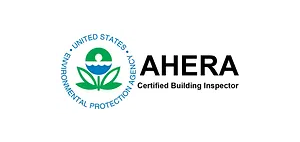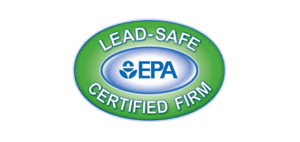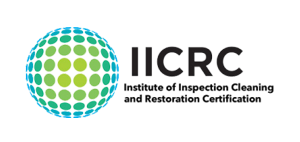As a homeowner or business owner, preventing mold growth is crucial to maintaining a safe and healthy environment. Mold can cause various health problems, structural damage, and decrease the value of your property. Therefore, taking proactive measures to prevent mold growth is essential. In this section, you will find expert tips and advice on how to prevent mold growth effectively.
Expert mold prevention involves utilizing different techniques and strategies to control moisture levels and enhance air circulation. By following the guidelines provided in this section, you can safeguard your property against mold growth and create a comfortable living or working environment.
From identifying vulnerable areas for mold growth to controlling moisture levels, we cover all the essential aspects of mold prevention. By implementing these expert tips, you can effectively prevent mold growth in your property and protect your health and investments. You can also use an at home Mold test kit from My Mold Detective as well.
Key Takeaways
- Preventing mold growth is crucial for maintaining a safe and healthy living or working environment.
- Expert mold prevention involves utilizing different techniques and strategies to control moisture levels and enhance air circulation.
- Identifying vulnerable areas for mold growth is critical in preventing mold formation.
- Controlling moisture levels and maintaining optimal humidity levels is essential for preventing mold growth.
- Enhancing air circulation and indoor air quality can significantly minimize the risk of mold growth in your property.
Identifying Vulnerable Areas for Mold Growth
Mold can grow in any area that provides the right conditions, including warm temperatures, moisture, and organic matter. Knowing where mold is most likely to grow can help you take preventive measures.
Vulnerable areas for mold growth include:
| Areas | Risk Factors |
|---|---|
| Bathrooms | High humidity levels due to showers and baths, poor ventilation |
| Kitchens | Moisture from cooking, poor ventilation |
| Basements and crawl spaces | High humidity levels, water leaks, lack of sunlight and ventilation |
| Attics | Poor ventilation, insulation issues, roof leaks |
To prevent mold growth in these areas, it’s important to address the risk factors. Keep these areas clean and dry, ensure adequate ventilation, and repair any leaks or water damage immediately. Consider using a dehumidifier in areas with high humidity levels.
If you suspect mold growth in your property, it’s essential to take action promptly to prevent it from spreading. Mold remediation professionals can help you identify the extent of the problem and recommend the most effective solutions.
Controlling Moisture Levels
Moisture control is a crucial aspect of preventing mold growth in your home or business. High levels of humidity and moisture in the air can create an ideal environment for mold spores to thrive.
To prevent this, it’s important to monitor and regulate the humidity levels in your property. You can use a dehumidifier to remove excess moisture from the air, particularly in areas such as the basement or bathroom where humidity tends to be higher.
Additionally, fixing any leaks or water damage as soon as possible is essential in preventing mold growth. Regularly inspecting areas that are prone to leaks, like the roof and pipes, can help identify and address potential issues before they become major problems.
Proper ventilation is also crucial in controlling moisture levels. Ensure that your property has adequate ventilation in areas like the kitchen and bathroom to remove excess moisture from the air. You should also ensure that your dryer vents outside to prevent excess moisture buildup in your laundry room.
| Tip | How it helps with mold prevention |
|---|---|
| Use exhaust fans or open windows when cooking or showering | Removes moisture from the air before it can accumulate and create a conducive environment for mold growth |
| Ensure proper ventilation in areas where moisture tends to accumulate, like the bathroom and kitchen | Removes excess moisture from the air and prevents it from creating a conducive environment for mold growth |
| Regularly inspect your property for leaks and water damage | Identifies and addresses potential sources of excess moisture before they can create a conducive environment for mold growth |
By controlling the moisture levels in your property, you can significantly reduce the risk of mold growth. Regularly monitoring, regulating, and addressing any moisture issues is an essential aspect of mold prevention.
Improving Air Circulation and Indoor Quality
When it comes to preventing mold growth, improving air circulation and indoor air quality is crucial. Poor air circulation can lead to moisture buildup, which creates an ideal breeding ground for mold. Here are some expert tips to help you improve your air quality and circulation:
- Use air purifiers: Air purifiers can help remove mold spores and other impurities from the air, preventing them from settling on surfaces and growing into mold.
- Install proper ventilation systems: Good ventilation systems allow fresh air to circulate and help maintain optimal humidity levels, reducing the chance of mold growth.
- Regularly maintain your HVAC system: Your heating, ventilation, and air conditioning (HVAC) system should be regularly maintained to ensure it’s working efficiently and circulating clean air throughout your property.
By implementing these measures, you can significantly reduce the risk of mold growth and improve your indoor air quality. Your lungs and sinuses will thank you.
Regular Inspections and Maintenance
To effectively prevent mold growth in your property, it is vital to conduct regular inspections and maintenance checks. By doing so, you can identify potential issues early and take timely action to prevent mold from forming.
Start by inspecting the vulnerable areas of your property, such as the basement, bathrooms, kitchen, and attics. Look for signs of moisture, including water stains, leaks, and condensation. If you notice any issues, address them immediately to prevent further damage.
Additionally, consider investing in professional mold inspections, particularly if you live in an area where mold growth is prevalent. A professional can detect mold in areas that may not be visible to the naked eye and provide recommendations for prevention.
Moreover, conduct routine maintenance on your HVAC system, ensuring it is in good working condition. Check and replace any filters as needed to maintain proper airflow and minimize moisture buildup. Consider installing a dehumidifier in areas that are prone to excess moisture, such as the basement or bathrooms.
By regularly inspecting and maintaining your property, you can stay ahead of any potential mold issues and keep your environment healthy and mold-free.
Conclusion
In conclusion, following these expert mold prevention tips can significantly reduce the risk of mold growth in your home or business. By implementing proactive measures such as controlling moisture levels, improving air circulation, and conducting regular inspections, you can maintain a mold-free environment and protect your property.
Remember, mold not only damages your property but also poses a health risk to you and your loved ones by causing allergies, respiratory problems, and other serious health issues. By taking the time to prevent mold formation, you safeguard your health and the integrity of your property.
Make it a habit to regularly inspect your property, identify vulnerable areas, and take timely action to address any issues. By doing so, you can prevent larger problems down the line and ensure that your property remains healthy and safe for years to come.
FAQ
What are some expert mold prevention tips?
Expert mold prevention tips include controlling moisture levels, improving air circulation, identifying vulnerable areas, conducting regular inspections and maintenance, and implementing proper ventilation systems.
How can I identify vulnerable areas for mold growth?
Vulnerable areas for mold growth include basements, bathrooms, kitchens, and attics. These areas are often prone to moisture buildup and poor ventilation, creating an ideal environment for mold to thrive.
What can I do to control moisture levels and prevent mold?
To control moisture levels and prevent mold, you should ensure proper ventilation, use dehumidifiers in humid areas, fix any leaks or water damage promptly, and regularly clean and dry areas prone to moisture buildup, such as bathrooms and kitchens.
How important is air circulation for mold prevention?
Air circulation is crucial for mold prevention as it helps to maintain optimal humidity levels and prevent moisture buildup. Improving air circulation can be achieved through the use of fans, opening windows, and ensuring proper ventilation systems are in place.
Why is regular inspection and maintenance essential for mold prevention?
Regular inspection and maintenance allow you to identify potential mold issues early on and take prompt action to address them. By conducting routine checks and addressing any signs of moisture or mold, you can prevent larger problems and maintain a mold-free environment.
How can I protect my health and property from mold?
To protect your health and property from mold, follow expert mold prevention tips, including controlling moisture levels, improving air circulation, conducting regular inspections, and addressing any signs of mold promptly. Implementing these measures will help you maintain a mold-free environment and safeguard your health.
